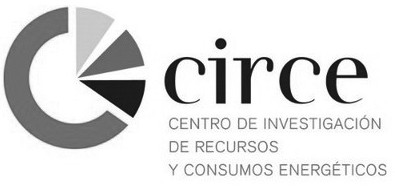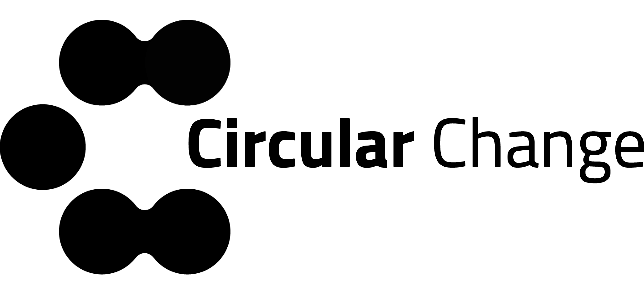- Aquafil (Slovenia and Italy)
- Novamont (Italy)
- Südzucker (Germany)
- Carvico (Italy)
- H&M (Sweden)
- Vaude (Germany)
- Balsan (France)
- Bio-Mi (Croatia)
- CIRCE (Spain)
- Life Cycle Engineering (Italy)
- Circular Change (Slovenia)
- Genomatica (USA) – international partner
A NEW ERA OF FIBERS AND PLASTICS
The non-biodegradability of most plastic materials and their accumulation affects both oceans and land. To secure a greener future for our planet, the EFFECTIVE project connects 12 companies and institutes who have joined forces to redesign two of the today’s most widely used materials: polyamides and polyesters.
Our aim is to design bio-based polyamides and polyesters from renewable feedstocks rather than crude oil, and manufacture greener and structurally improved fibers and films. We also intend to showcase the use of our bio-based ingredients in a wide array of mass-produced consumer products across multiple markets, such as construction, automotive, packaging, garments, carpets and textiles.
Finally, we want to demonstrate innovative and improved ways for the end-of-life treatment of our products by introducing a circular economy approach and validate the recyclability or biodegradability of the EFFECTIVE materials.
EFFECTIVE is a combination of technology, economics and commercial adoption. Members of our consortium share a common vision for the future of textiles and packaging: to create innovations that entire economic sectors, as well as end consumers, will benefit from.
CONSORTIUM
The partnership includes organisations from 7 different countries and combines multidisciplinary knowledge on product ingredients, brand products, life-cycle assessment and much more. The project will also benefit from the involvement of Genomatica, a US-based leader in biotechnology who will contribute cutting-edge knowledge on developing and demonstrating innovative bio-based chemical technologies.
OBJECTIVES
The overarching objective of the EFFECTIVE project is to demonstrate innovative and economically viable routes for the production of bio-based polyamides and polyesters from renewable feedstocks to obtain fibres and films with enhanced properties, market competitiveness and increased sustainability.
Technological and industrial objectives
- Validate the production of sustainable feedstock
- Demonstrate innovative conversion processes for the production of building blocks from sustainable feedstock
- Demonstrate the production of sustainable and recyclable polyamides
- Demonstrate the production of sustainable and biodegradable polyesters and plastics.
Environmental objectives
- Eco-design of a new enhanced structure of products in order to enable the recycling of the different polymers at the end of the product’s life
- Demonstrate the recyclability of bio based nylons
- Valorize the biodegradable polyester-based products at the end-of-their-life through the production of compost and energy
- Improve the environmental profile of the targeted biopolymers
- Assess the environmental and economic impacts of the whole process
Product objectives
- Validate the polyamides into fibres for the production of sustainable garment and carpet products
- Validate the polyamides into films for the production of sustainable primary packaging
- Validate the polyesters into films for the production of sustainable secondary packaging.
Social and economic objectives
- Create new employment opportunities
- Assess the social impact and consumer perception of the biobased products
- Adopt a new collaboration model based on a multi-stakeholder approach to foster the link between the bio-economy and the circular economy.













